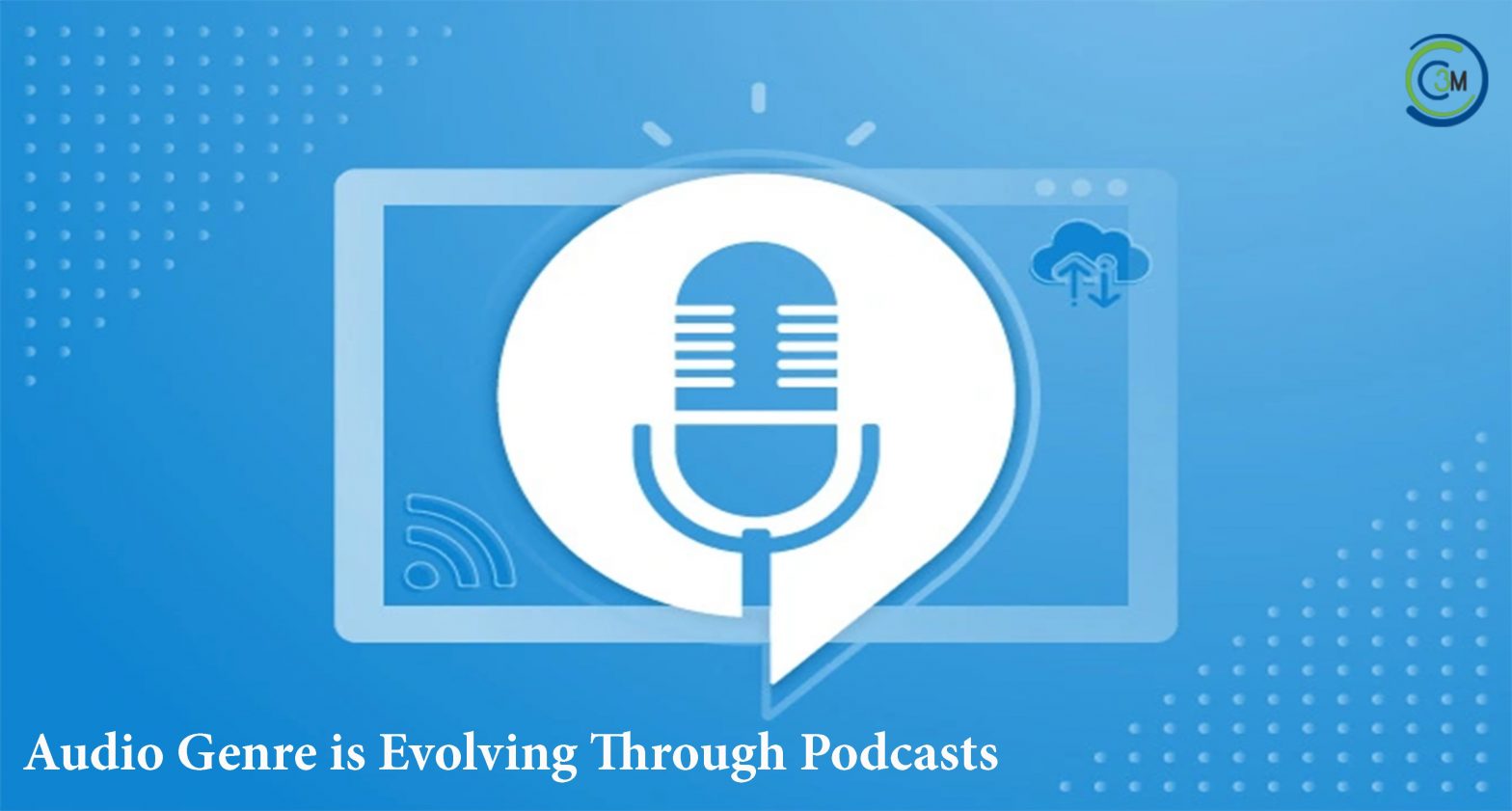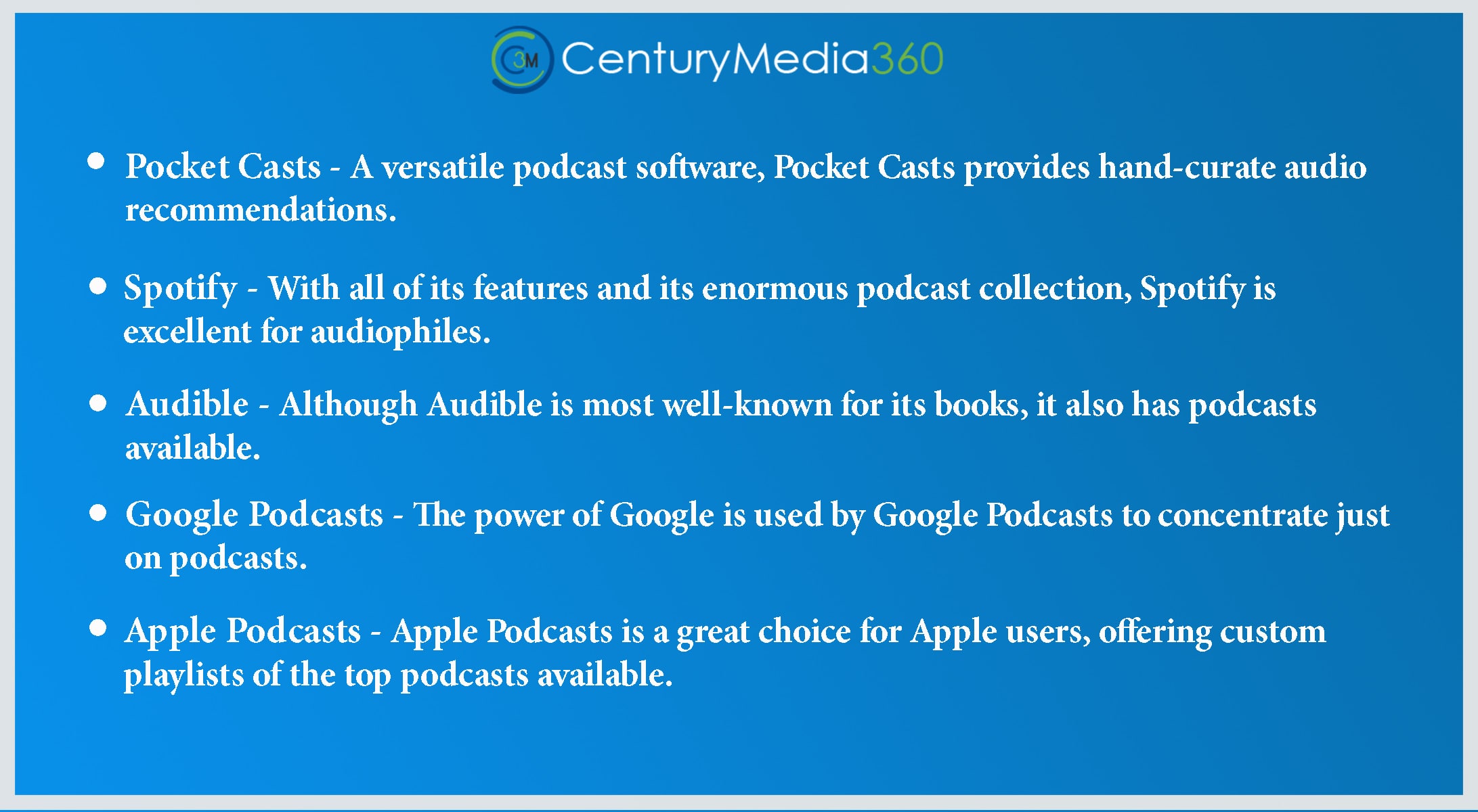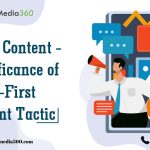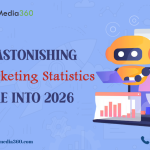Podcast is Changing the Audio Storytelling Genre?

A lot may change in a year, especially in entertainment trends. Audio stories have evolved so much in recent years. The audio content realm is exploding, from smart speakers to linked automobiles. Podcasts have been at the forefront of audio’s rebirth during the last decade. Podcasts are breaking down the barriers associated with gazing at screens and, as a result, are becoming a pervasive presence in our daily lives.
If you haven’t already, now is the opportunity for businesses and advertising to enter the dialogue. However, like with the transition from conventional media to social platforms, the rules for brand creation in an audio-based environment are different. With podcasts establishing themselves as the new battleground for marketers, here are a few reasons why your company should consider planting a seed in this expanding ecosystem.
The Public is Leaning into Podcasts’
There is no denying that people are listening to podcasts for longer periods of time. According to 2018 Edison Research, the popularity of podcasts has increased steadily from 2006, increasing by a staggering 300%. There are currently 73 million podcast listeners in the United States. It goes without saying that we are currently experiencing another technological transformation. The podcasting movement is not a whisper; rather, it is an explosive, audible explosion.
What then is the reason for audio storytelling’s rising appeal? Then why now? There are several potential solutions. For starters, there are countless alternatives for interesting programming with more than 500,000 shows now in production. Of course, technical developments such as the expansion of on-demand streaming services have benefited the listening environment as well.
Whatever the cause, marketers now have new chances to communicate with their target audiences as millions of consumers listen to podcasts.
Here are a Few Top Podcast Listening Platforms Where You Can Dig into

The Most Effective Communication Tool is Storytelling via Podcasts
We are captivated by stories. They stand out because they are relatable. The storyteller’s background or lived experience may be different from ours, yet their story helps us understand new concepts more vividly than facts alone.
Receiving a newsletter with statistics on rising rates of food insecurity in my city is concerning but hearing a family’s narrative of what day-to-day food poverty looks like is far more powerful. It improves my comprehension. It humanizes the number. Even though I’ve never lived in their situation, I can relate to the storyteller’s feelings of concern and stress.
We may not recall every aspect of a tale, but we will remember how we felt after hearing it. A tale brings knowledge to life. It causes us to pause and evaluate previously held views.
When your audience engages with the storyteller on a more personal and emotional level, they are more inclined to take action and share what they heard with others.
It can Give You a Variety of Genres to Choose from
Podcasts with interviews
Each episode of an interview podcast typically features one or two hosts speaking with one or more guests. In this approach, the visitor offers special knowledge or perceptions on a certain subject, field, or theme. This format may really be further divided into more types of podcasts.
Conversational Podcasts
This type of podcast is co-hosted by two different podcast hosts. It is like those traditional radio shows where two people talk about different topics. High levels of comfort and familiarity between the hosts are necessary for this kind of podcast. The audience will be able to detect if the hosts don’t get along or don’t know each other very well. since a conversation cannot be scripted.
Roundtable Podcasts
Roundtable podcasts, often known as panel programs, have a regular or recurring cast of hosts who offer opinions and discussions on predetermined subjects. Frequently, a primary host serves as the MC for each program while co-hosts take on specialized duties. For instance, while some co-hosts may give more comic comments, others may offer in-depth knowledge.
Monologue Podcasts
Each episode of a podcast with a monologue format is hosted by a single person. These podcasts are often hosted by a subject-matter specialist. Audience members tune in to learn more about a certain subject or to form an opinion on current affairs.
Listeners Feel Closeness in Podcasts’
This is not a novel relationship between the storyteller and the audience. It truly began with radio. People had favorite shows, admired specific radio host personalities, identified with their stories, and devoted themselves to listening to them every day, even coming to regard these hosts as friends. This similar type of behavior has now spread to podcast hosts and storytellers.
Audio storytelling is personal. When it comes to podcasting, listeners frequently feel a sense of closeness with the host since they are hearing a real, human voice. Audio transports listeners into the same room as the storyteller. They hear the emotion and identify with their voice.






